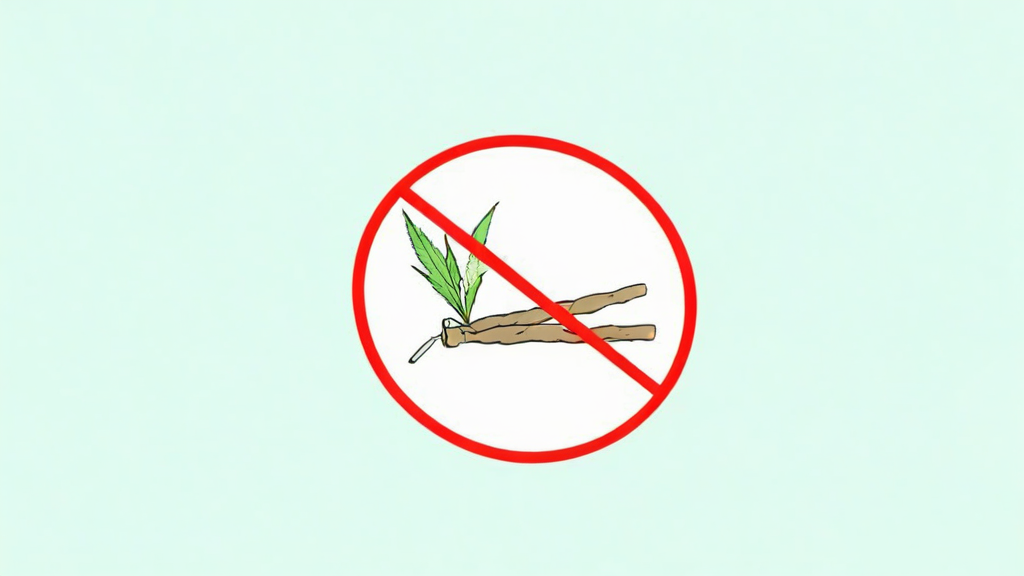The Potential of CBD in Tobacco Cessation
CBD can be an effective tool for those seeking to break tobacco addiction. But how does it really influence this process? Is there evidence to support its effectiveness in the fight against addiction?
Quitting tobacco can seem like a daunting challenge, especially for those who have smoked for long periods of time. Establishing a well-structured action plan and having the necessary resources is essential to reduce the chances of relapse when quitting smoking.
In this article, we will explore in detail how CBD can contribute to overcoming tobacco addiction permanently, taking into consideration the existing evidence of the impact of cannabidiol in rehabilitation.
Evidence of the Role of CBD in the Fight against Addictions
There is significant evidence supporting CBD’s ability to mitigate addiction. Cannabidiol acts by binding to receptors of the endocannabinoid system (ECS) [1]. This interaction can influence various organic reactions and promote specific responses in the body. The study of the interaction of CBD with the endocannabinoid system reveals its relevance in the neurobiological processes associated with addiction [2].
The analysis concludes that CBD could intervene to counteract addiction to substances such as nicotine, alcohol, psychostimulants and opioids. Likewise, it is discovered that the ECS plays a crucial role in the brain’s reward circuit, a chemical response linked to the feeling of pleasure or relief after the consumption of certain substances.
Based on these findings, it is proposed that CBD has the ability to activate the reward system, possibly replacing the need to consume addictive substances to trigger this response. These promising discoveries suggest the potential of CBD as an effective treatment for various types of addictions.
Despite coming from cannabis, CBD does not alter brain function in the same way as tetrahydrocannabinol (THC), a slightly addictive cannabinoid. Consequently, developing an addiction to CBD is unlikely. Additionally, cannabidiol may alleviate the psychoactive effects of THC, indicating its possible use in cannabis rehabilitation.
Although CBD is not addictive, prolonged use can be habit-forming. This is especially relevant if you choose to use CBD as an alternative to smoking. While CBD is far from addictive like nicotine, replacing tobacco with a CBD cigarette or vape could transfer the habit from one to another.
Ways CBD Can Facilitate Tobacco Cessation
We will examine four ways that CBD could contribute to smoking cessation, thereby promoting a healthier lifestyle.
Replacing Smoking with CBD Products
Smoking itself is an ingrained habit, and replacing this behavior can be challenging. CBD offers a variety of products that can help replace smoking, combat nicotine cravings, and promote relaxation during times of stress, a common trigger for smokers.
These CBD products are designed to emulate the action of smoking, providing a discreet and effective alternative to combat the physical and emotional aspects of tobacco addiction.
Relief of Withdrawal Symptoms with CBD
The tobacco withdrawal phase can be intense and prolonged, with physical, mental and emotional symptoms. CBD has been shown to significantly reduce nicotine cravings during this stage, as well as improve the feeling of anxiety and quality of sleep, promoting a state of tranquility.
Recent studies support CBD’s ability to mitigate withdrawal symptoms from various addictive substances, including nicotine, suggesting its potential to support those seeking to quit smoking.
Reducing the Pleasure of Smoking with the Use of CBD
Some research indicates that CBD use may impair the pleasure of smoking tobacco, thereby reducing the motivation to continue smoking. These findings offer a positive perspective on the use of CBD as a smoking cessation tool.
CBD products, such as CBD cigarettes and joints, present viable alternatives to conventional tobacco, offering the possibility of reducing and eventually quitting cigarette smoking.
Effective Use of CBD to Quit Smoking
There are a variety of ways to use CBD for smoking cessation, from inhalants to oils and tinctures, depending on individual preferences and desired goals.
When choosing the right CBD product for smoking cessation, it is important to consider the quality and reputation of the supplier. The dosage and management of visual, aromatic and emotional triggers also play a critical role in the success of the rehabilitation process.
Final Considerations on CBD and Rehabilitation
Using CBD as a smoking cessation support requires careful consideration and assessment of individual needs. While CBD has shown promise in the fight against addiction, proper consumption and management are essential for optimal results.
The use of high-quality CBD products, combined with a personalized strategy and comprehensive approach, can provide effective support for those who want to successfully quit smoking. As with any rehabilitation method, willpower and perseverance are essential to achieve the ultimate goal of overcoming tobacco addiction.
